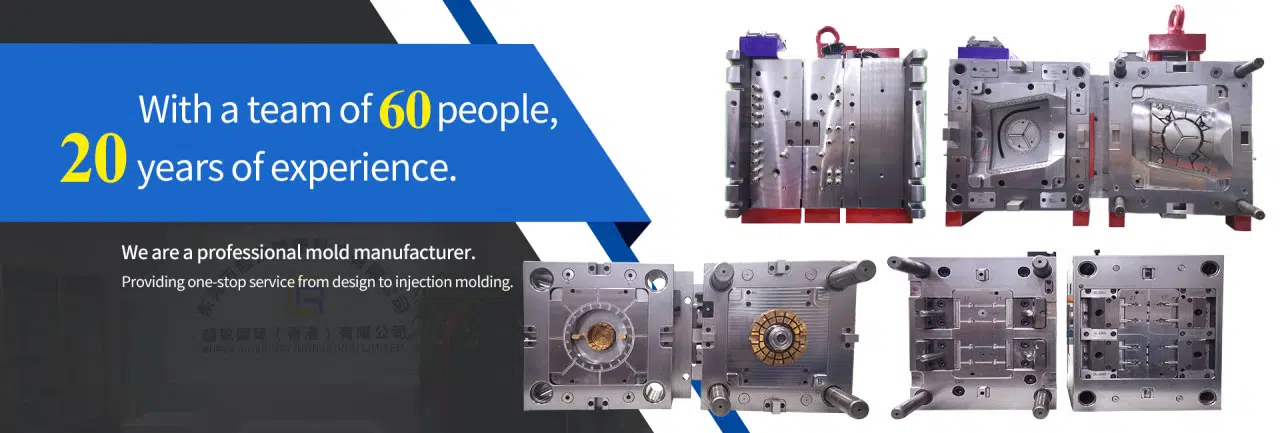
# IATF 16949 Automotive Quality Management System Certification
## What is IATF 16949?
The IATF 16949 standard is an internationally recognized quality management system specifically designed for the automotive industry. Developed by the International Automotive Task Force (IATF), this standard builds upon the ISO 9001 framework while adding automotive-specific requirements.
This certification demonstrates an organization’s commitment to continuous improvement, defect prevention, and reduction of variation and waste in the automotive supply chain.
## Key Requirements of IATF 16949
The standard includes several critical requirements that automotive suppliers must meet:
– Process approach and risk-based thinking
– Product safety and traceability
– Supplier quality management
– Contingency planning
– Embedded software requirements
– Warranty management processes
## Benefits of IATF 16949 Certification
Keyword: IATF 16949
Organizations that achieve IATF 16949 certification gain numerous advantages:
– Improved product quality and consistency
– Enhanced customer satisfaction
– Increased operational efficiency
– Better supplier relationships
– Competitive advantage in the automotive market
– Reduced waste and costs through continuous improvement
## The Certification Process
Achieving IATF 16949 certification involves several steps:
– Gap analysis to identify areas needing improvement
– Implementation of required processes and documentation
– Internal audits to verify compliance
– Management review
– Stage 1 audit (documentation review)
– Stage 2 audit (implementation verification)
– Certification decision and surveillance audits
## Maintaining Certification
Once certified, organizations must:
– Conduct regular internal audits
– Address nonconformities promptly
– Participate in annual surveillance audits
– Complete a full recertification audit every three years
– Stay current with standard updates and interpretations
## Industry Impact
IATF 16949 has become the de facto standard for automotive suppliers worldwide. Major automotive manufacturers require their suppliers to maintain this certification, making it essential for doing business in the automotive sector.
The standard continues to evolve to address emerging industry challenges such as electrification, autonomous vehicles, and digital transformation in manufacturing.